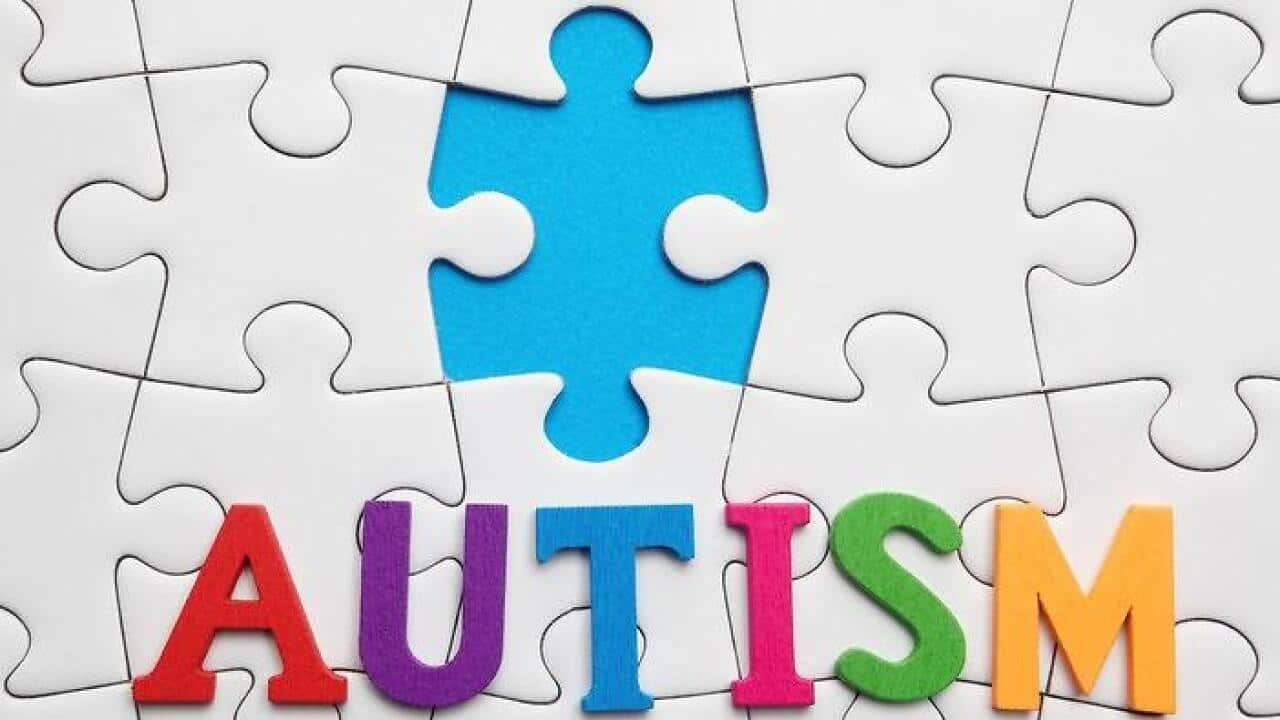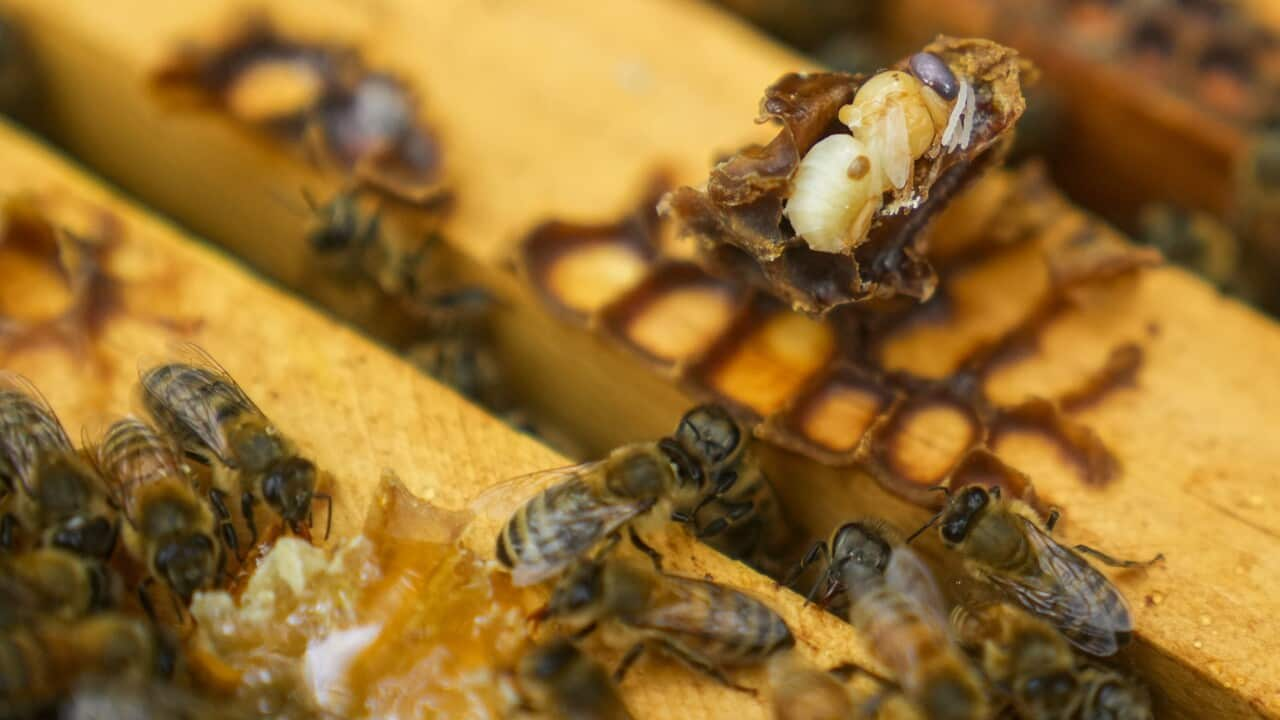Italian
Prima del coronavirus, i media tradizionali stavano già perdendo entrate a causa dei social media.
Molte persone scelgono di leggere le notizie dal loro feed di Facebook, invece di acquistare un giornale o sintonizzarsi su un telegiornale serale.
Ora, il ministro federale del tesoro Josh Frydenberg vuole introdurre un codice di condotta obbligatorio che costringerebbe i giganti della tecnologia come Facebook a pagare per le notizie.
“We believe this is critical for the future viability of our media sector and it's all about competition and creating a level playing field.”
La misura ha il sostegno della senatrice dei Verdi Sarah Hanson-Young.
“This blowtorch being applied to the big tech companies, those tech giants, is long overdue. But we're glad to see it finally happening.”
L'ACCC è stato incaricato di redigere il codice.
Il presidente Rod Sims ammette che non vi è alcuna garanzia che funzioni.
“Look, there's no guarantees. We'll certainly put out there a code, a code that has the force of legislation. There will be penalties applying. But, as I say, hopefully we can come up with something that the media companies can live with, the platforms can live with so that we get a better sharing but no, look, it's a complex exercise.”
Spagna e Francia hanno già tentato senza riuscirci di far pagare Google e Facebook per le notizie prodotte localmente.
Se l'Australia avrà successo, sarebbe la prima volta al mondo.
In una dichiarazione, Facebook si è detto dispiaciuto per l'annuncio del governo.
Sostiene di aver "investito milioni di dollari a livello locale per sostenere gli editori australiani attraverso accordi sui contenuti, partnership e formazione per l'industria".
Anche Google ha reso pubblica una dichiarazione.
Afferma di “aver lavorato per molti anni per essere un partner collaborativo nel settore delle notizie, aiutandolo a far crescere le sua attività attraverso pubblicità e servizi di abbonamento e aumentando il pubblico attraverso il dirottamento di traffico prezioso"
Il ministro del tesoro sostiene di sapere che la sfida da affrontare è grande.
“We understand the challenge that we face. This is a big mountain to climb. These are big companies that we're dealing with. But there's also so much a stake so we're prepared for this fight.”
Ma la professoressa Amanda Lotz, studiosa dei media dell'Università del Queensland, afferma che il futuro dei media australiani è la codistribuzione.
“The additional revenue is sort of the equivalent to painting the outside of your house at the same time that your foundation is crumbling. Internet distribution and the ability to share news through social media but also the advertising products that those companies off have just really changed where newspapers fit, the value proposition they can offer. And it's taken away a lot of the bits of advertising that made newspapers viable that can't be replaced.”
La bozza del codice dell’ACCC verrà resa pubblica a luglio.
English
Before coronavirus, traditional media was already losing revenue to social media.
Many people are choosing to read news from their Facebook feed, rather than buy a newspaper or tune into an evening TV news bulletin.
Now, the federal treasurer, Josh Frydenberg, wants a mandatory code of conduct - which would see tech giants like Facebook pay for news content.
“We believe this is critical for the future viability of our media sector and it's all about competition and creating a level playing field.”
The move has the backing of Greens senator Sarah Hanson-Young.
“This blowtorch being applied to the big tech companies, those tech giants, is long overdue. But we're glad to see it finally happening.”
The ACCC has been tasked with creating the code.
Chairman Rod Sims admits there's no guarantee it'll work.
“Look, there's no guarantees. We'll certainly put out there a code, a code that has the force of legislation. There will be penalties applying. But, as I say, hopefully we can come up with something that the media companies can live with, the platforms can live with so that we get a better sharing but no, look, it's a complex exercise.”
Spain and France have already tried and failed to make Google and Facebook pay for locally produced news.
If Australia succeeded, it would be a world first.
In a statement Facebook said it was disappointed with the government's announcement.
It says it's "invested millions of dollars locally to support Australian publishers through content arrangements, partnerships and training for the industry."
Google too released a statement.
It says it's "worked for many years to be a collaborative partner to the news industry, helping them grow their businesses through ads and subscription services and increase audiences by driving valuable traffic."
The treasurer says he knows he has a huge challenge ahead.
“We understand the challenge that we face. This is a big mountain to climb. These are big companies that we're dealing with. But there's also so much a stake so we're prepared for this fight.”
But Professor Amanda Lotz, a media scholar from Queensland University says the codistributionre the future of Australian media.
“The additional revenue is sort of the equivalent to painting the outside of your house at the same time that your foundation is crumbling. Internet distribution and the ability to share news through social media but also the advertising products that those companies off have just really changed where newspapers fit, the value proposition they can offer. And it's taken away a lot of the bits of advertising that made newspapers viable that can't be replaced.”
The ACCC's draft code will be released in July.
Report by Rachel Cary





